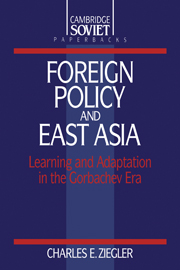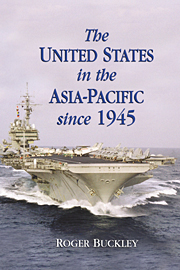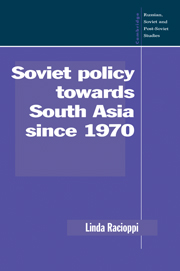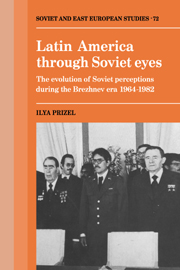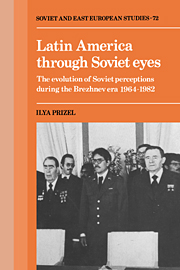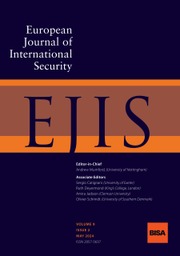Foreign Policy and East Asia
In this book Charles Ziegler develops the concept of learning in foreign policy by exploring the link between Mikhail Gorbachev's domestic reforms and the radical transformation of Soviet relations with North-east Asia in the 1980s. He argues that, although international factors may have played a role, it was pressures for domestic change, and economic reform in particular, which had the greatest impact on Soviet thinking. The history of Soviet relations with North-east Asia is briefly traced, highlighting the extent to which ideology impeded foreign policy learning under Stalin, Khrushchev and Brezhnev. The author then turns to Gorbachev's determined efforts to reverse thirty years of Sino–Soviet hostility, his mixed record on Soviet–Japanese relations, the turnaround in Soviet policy toward South Korea, and changing Soviet national security interests in the Far East and Western Pacific.
- Study of changing Soviet foreign policy toward China, Japan, Korea under Gorbachev, linking domestic reform to foreign policy
- Uses theoretical concept of foreign policy learning and will be of interest to students of international relations and foreign policy analysts
- Disputes right-wing claims that tough US foreign policy destroyed communism - argues internal factors were more important
Reviews & endorsements
"...a detailed study of Soviet policy toward China, the two Koreas, and Japan during the Gorbachev era that shows Soviet application of a new approach to security issues toward a vitally important region. The chapters on particular areas or countries are interesting and well written." Choice
"Lucid and often persuasive arguments are mobilized to highlight the significance of learning and adaptation in the formulation of foreign policy." John J. Stephan, Slavic Review
"...an insightful book on Soviet policy toward East Asia in the 1980s." Wayne Patterson, Asian Affairs
Product details
September 1993Paperback
9780521425643
212 pages
229 × 152 × 12 mm
0.32kg
Available
Table of Contents
- 1. Introduction
- 2. Learning, adaptation, and foreign policy change
- 3. Learning and adaptation in the historical context
- 4. The People's Republic of China
- 5. Japan
- 6. The Korean peninsula
- 7. Learning and security in the Asian-Pacific region
- 8. Conclusion: Soviet foreign policy learning.

